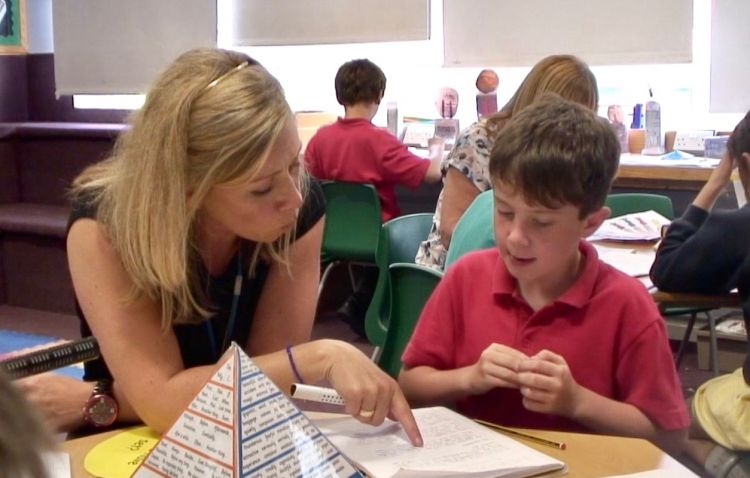For young children, the emphasis is on learning through enquiry, through doing, and through experience. The Foundation Stage curriculum allows children to learn by exploring, talking about their learning, practising skills and being active. The three prime areas of learning, communication and language, physical development and personal, social and emotional development are particularly crucial for igniting children's curiosity and enthusiasm for learning, and for building their capacity to learn, form relationships, and thrive.
In every case, the teacher aims to develop and expand the child’s curiosity and knowledge by offering them a curriculum that is responsive to their personal needs. The teacher in a primary school facilitates learning by establishing positive relationships with pupils, organising learning resources and environment effectively, and creating challenging and engaging learning experiences.
For 11-18 year olds, the emphasis is on building both academic and vocational skills so as to prepare young people for their lifelong learning journey. At KS3, schools are developing a creative curriculum which espouses the learning dispositions laid out in the Island’s Essentials for Learning framework.
At KS4 and 5 Schools are bound by the range of qualifications they offer and the curriculum and content which is ascribed to these courses. There are a wide range of subjects represented which offer both academic and vocational routes through these key stages.
